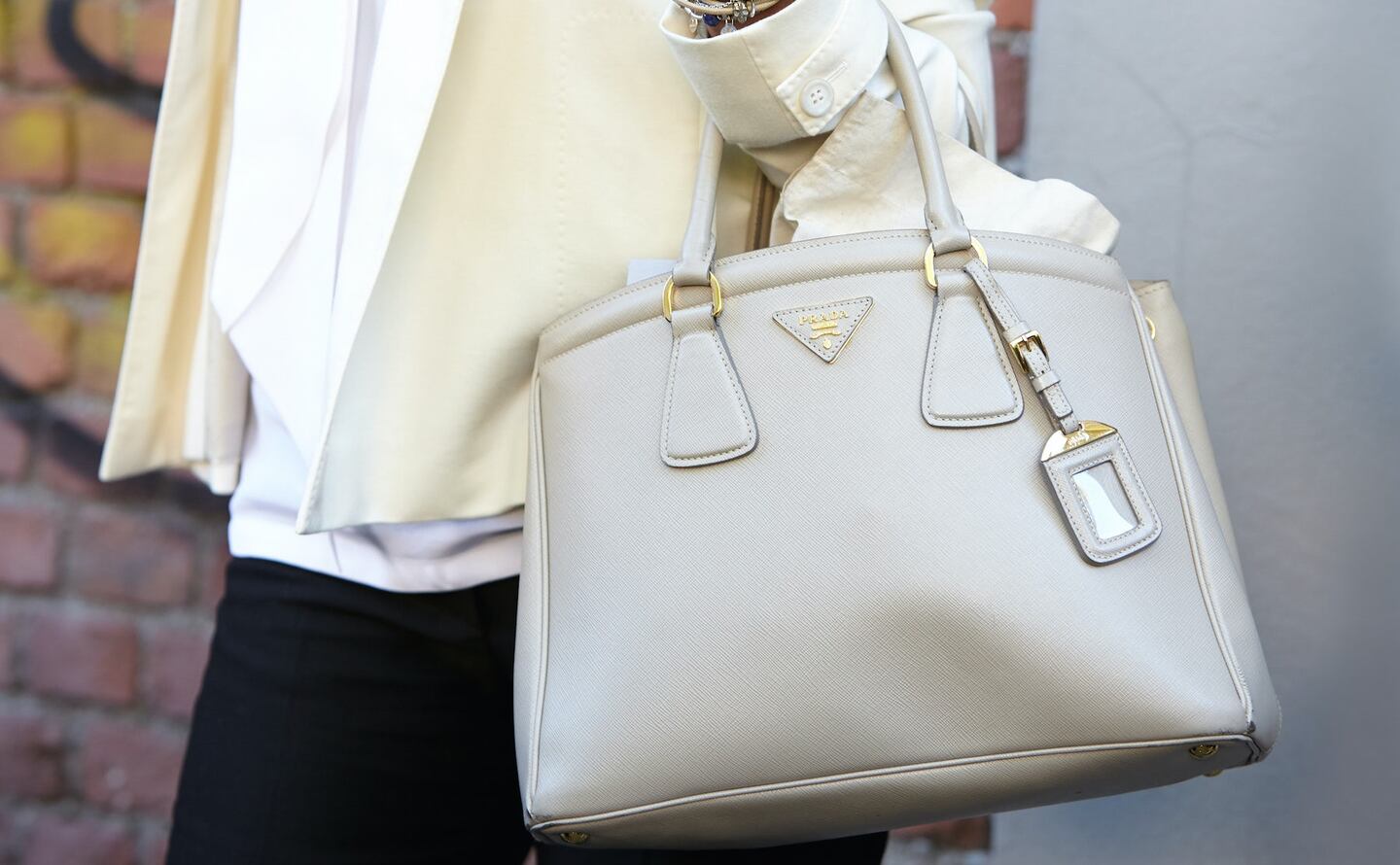
The Business of Fashion
Agenda-setting intelligence, analysis and advice for the global fashion community.

Agenda-setting intelligence, analysis and advice for the global fashion community.

SHANGHAI, China — Luxury stocks declined on Tuesday as concerns mounted over a downturn in consumer sentiment in China, extending a week-long sell-off that has seen Italian house Prada SpA lose almost $2 billion in market value.
The tumble continued after Italian menswear maker Ermenegildo Zegna Group said that Chinese consumers had become "more careful" in spending in the past few months due to the psychological impact of the US-China trade war, among other reasons. The clothing retailer said it expects a slowdown in luxury goods demand in the second half of the year.
Prada fell as much as 6.4 percent while L'Occitane International SA dropped as much as 3.5 percent and Chow Tai Fook Jewellery Group Ltd. declined as much as 6.4 percent in Hong Kong Tuesday. In Tokyo, cosmetics maker Shiseido Co. tumbled as much as 3.5 percent.
That followed last week’s rout, when shares of LVMH, Tiffany & Co. and other luxury brands across the globe fell on concerns that Chinese officials are cracking down on travelers coming home with overseas goods, adding to worries about an economic slowdown in the country.
ADVERTISEMENT
With the global luxury sector reliant on Chinese demand for over a third of sales, marquee brands across Europe and Asia have been slumping as consumer confidence in the world’s second-largest economy wanes. Besides the ongoing US-China trade war, sentiment in China is being depressed by rising business costs and food prices as well as employment contraction.
“When consumers don’t feel a sense of hope and optimism, luxury purchases are the first to go,” said Guotai Junan Securities analyst Terry Hong. “During such times, consumers adopt a wait-and-see approach on all non-essential purchases.”
In an interview in Shanghai on Sunday, chief executive Ermenegildo Zegna said that the family-run suit brand is planning a more conservative budget for investment in China next year due to the anticipated luxury demand slowdown. Though China is among its biggest markets, it will not expand store count much. And while the trade war is hurting consumption patterns, it isn’t really affecting the Italian brand, whose production is mostly in Italy and Europe, he said.
“I am more cautious than three months ago. For next year, we are going to plan a conservative budget because there are many uncertainties in the air and you have to be realistic,” said 63-year-old Zegna, whose company is known for upscale men’s clothing and accessories. “You have to be ready for the worst and act accordingly.”
By Rachel Chang; Editors: K. Oanh Ha, Jeff Sutherland.
The Coach owner’s results will provide another opportunity to stick up for its acquisition of rival Capri. And the Met Gala will do its best to ignore the TikTok ban and labour strife at Conde Nast.
The former CFDA president sat down with BoF founder and editor-in-chief Imran Amed to discuss his remarkable life and career and how big business has changed the fashion industry.
Luxury brands need a broader pricing architecture that delivers meaningful value for all customers, writes Imran Amed.
Brands from Valentino to Prada and start-ups like Pulco Studios are vying to cash in on the racket sport’s aspirational aesthetic and affluent fanbase.